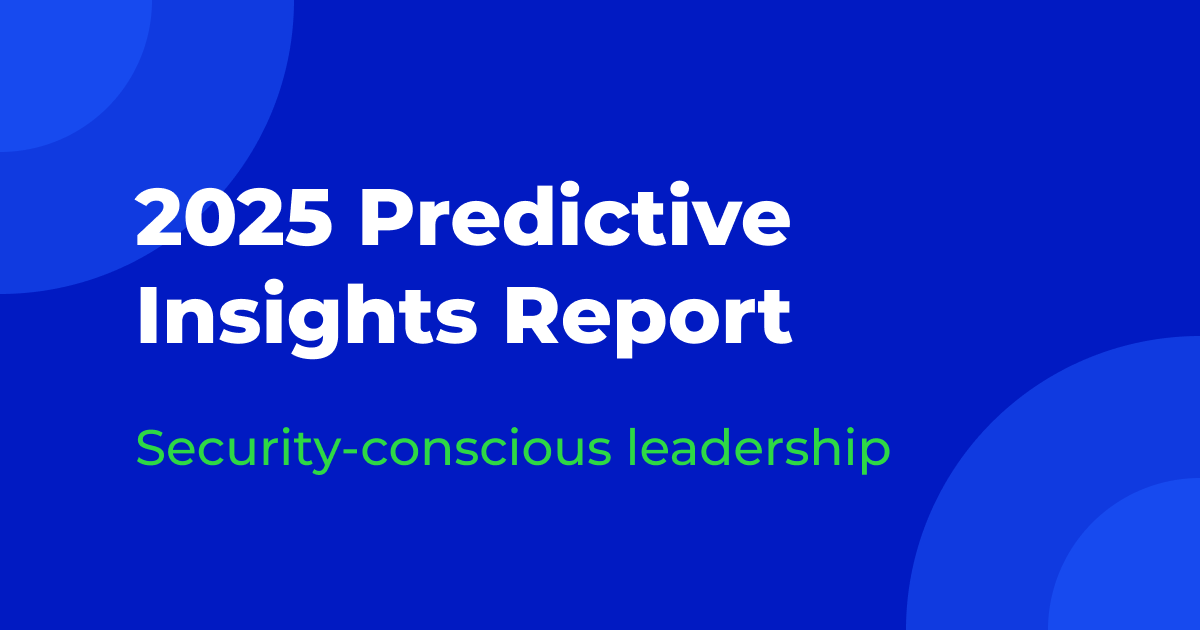
AML compliance: How phone number verification strengthens modern anti-money laundering programs
Anti-money laundering (AML) compliance is a foundational requirement for organizations operating in regulated industries. As financial services, gaming, and digital platforms increasingly move online, regulators expect businesses to detect, mitigate, and report suspicious activity across fully digital customer journeys. At the same time, identity verification has become more complex. Fraudsters now rely on synthetic identities, disposable phone numbers, and automated sign-ups










